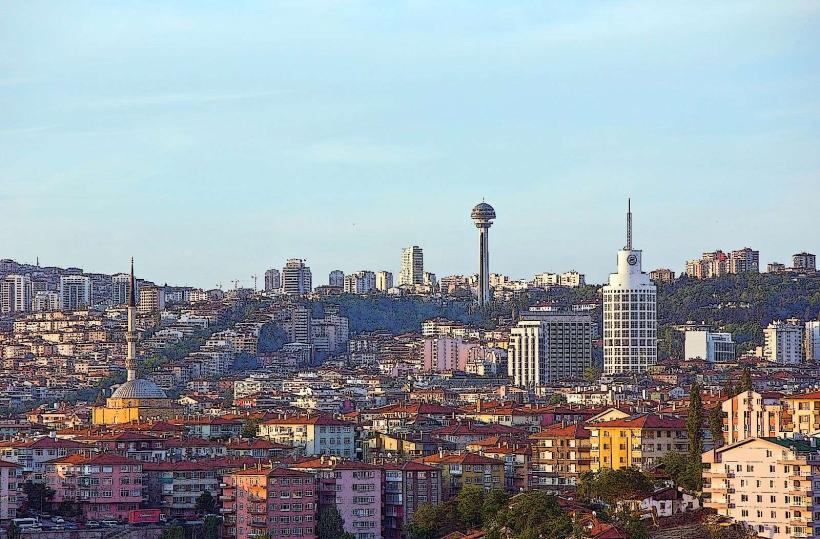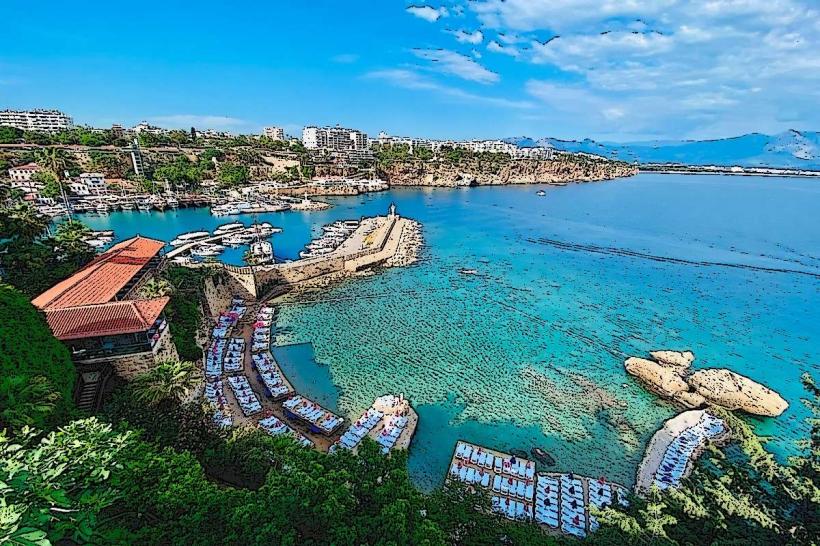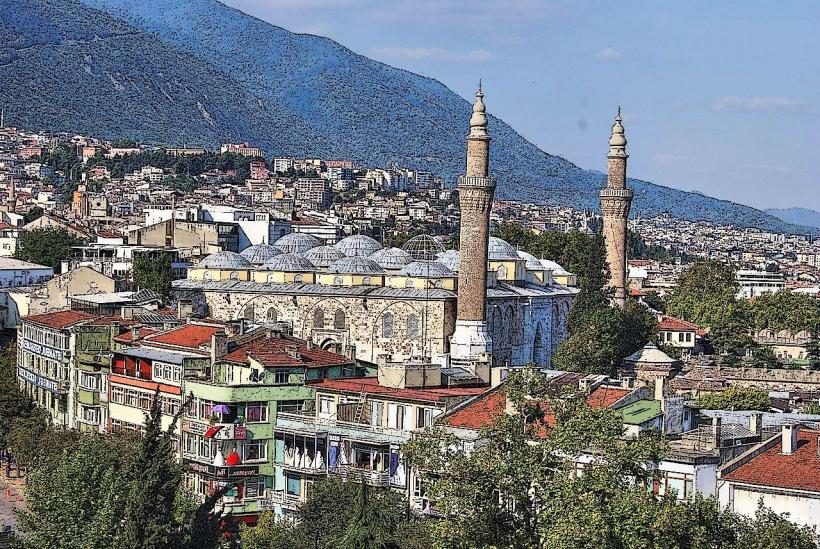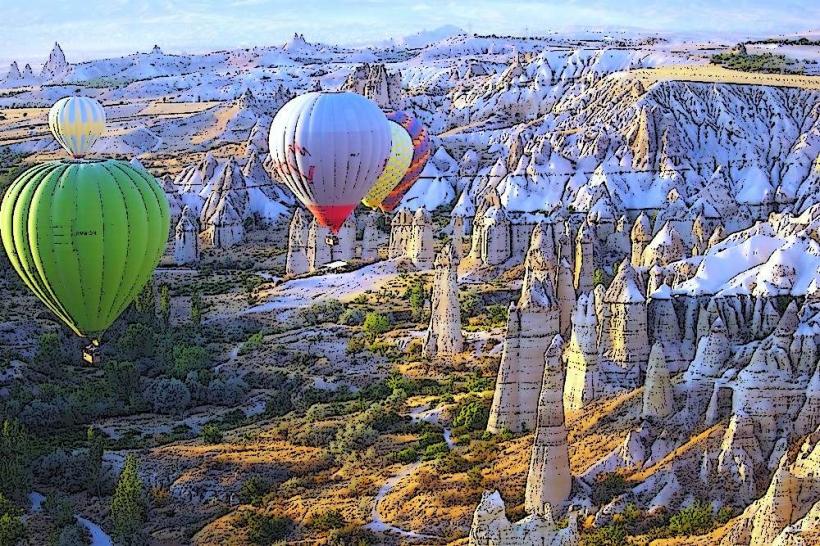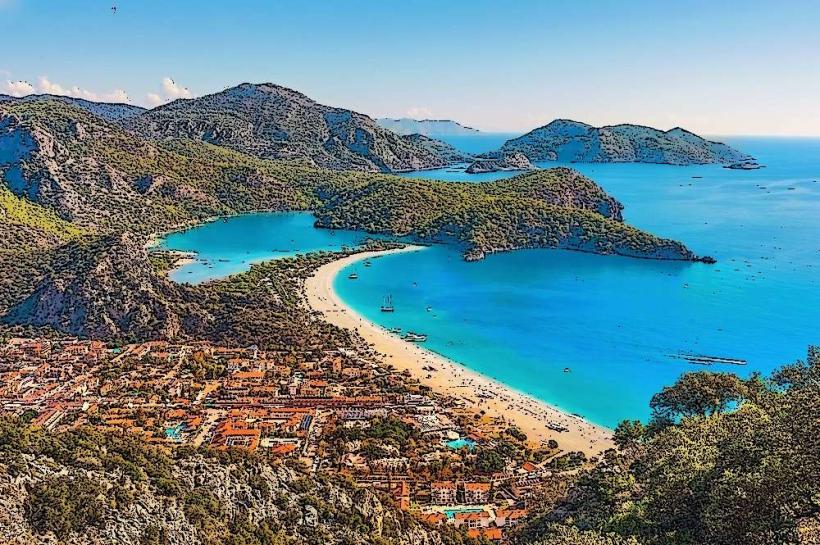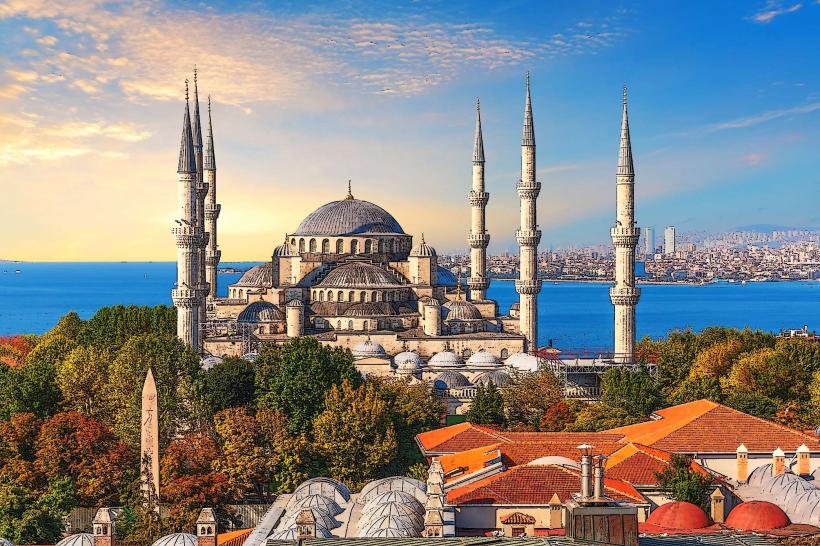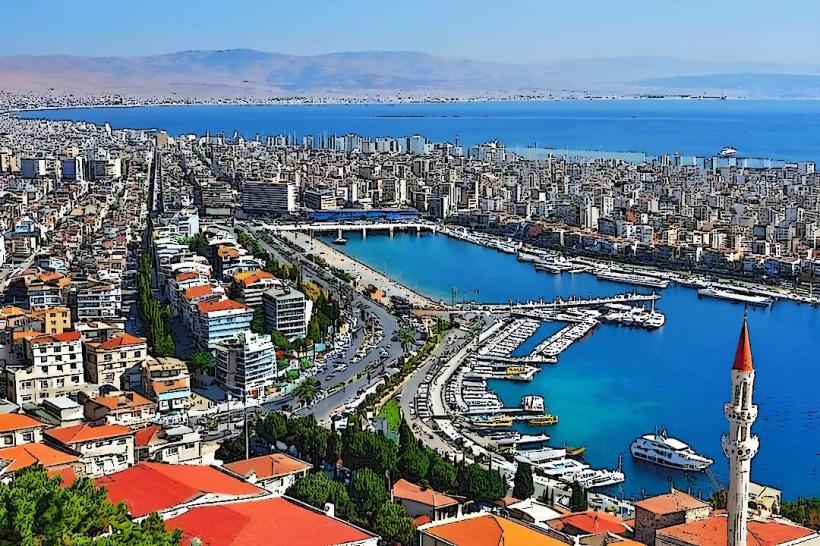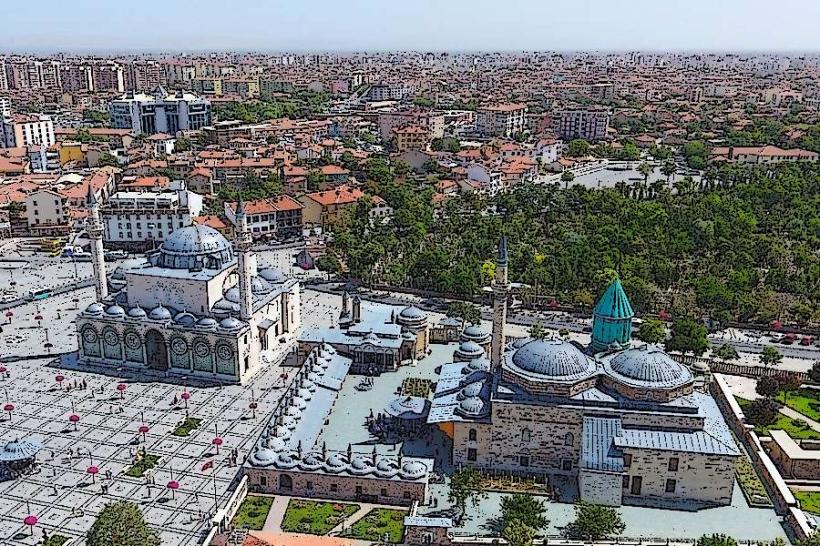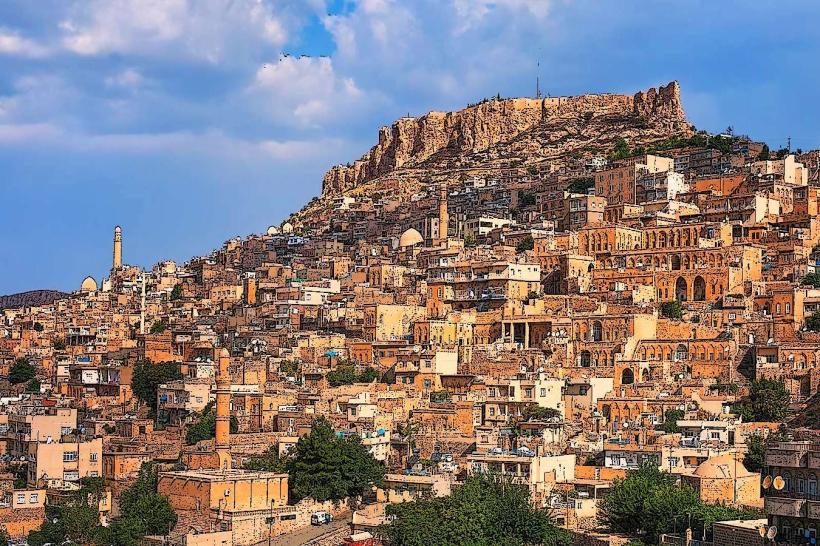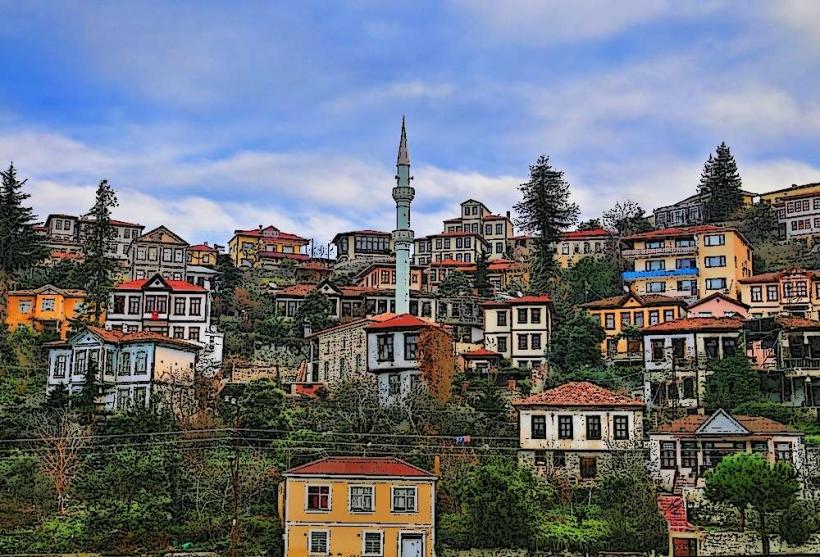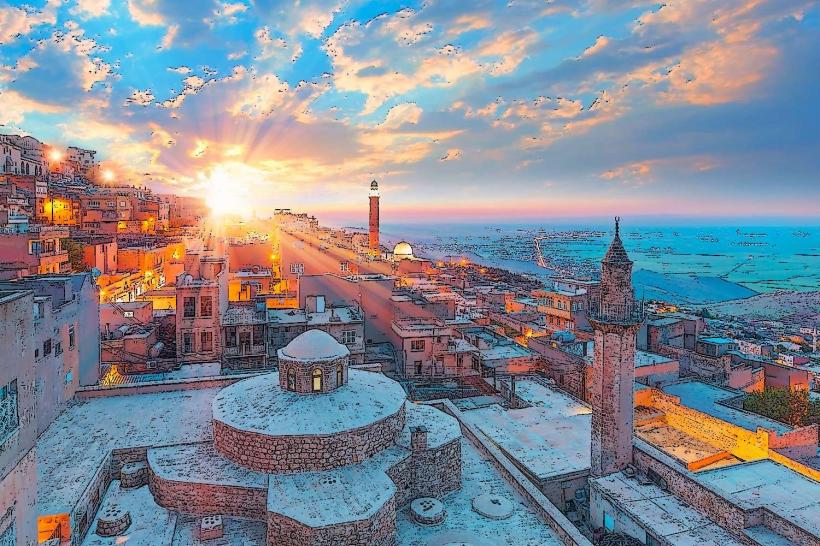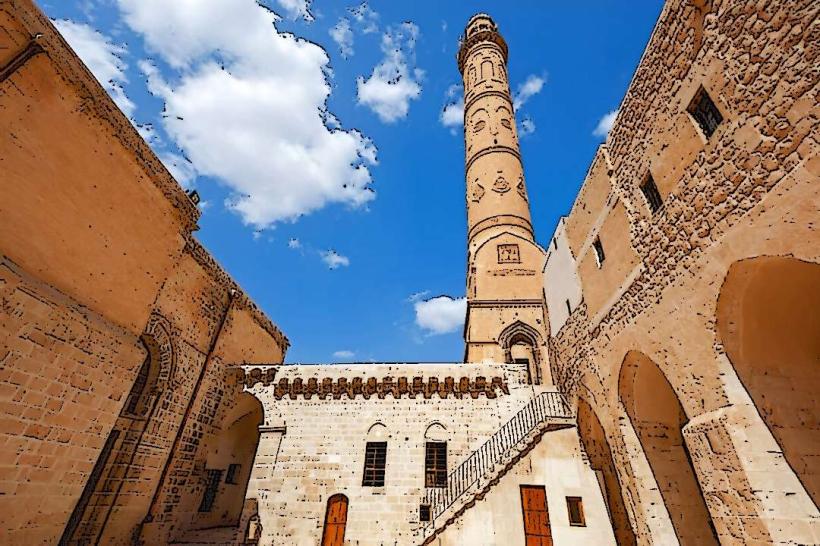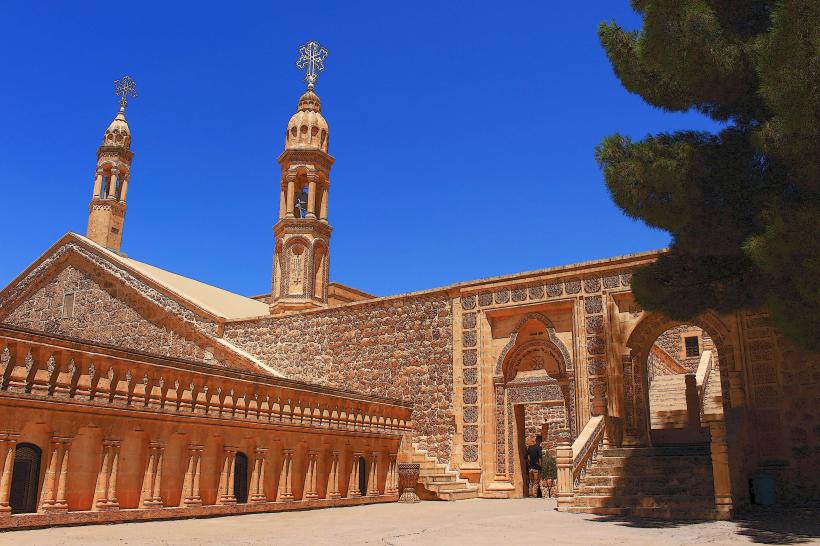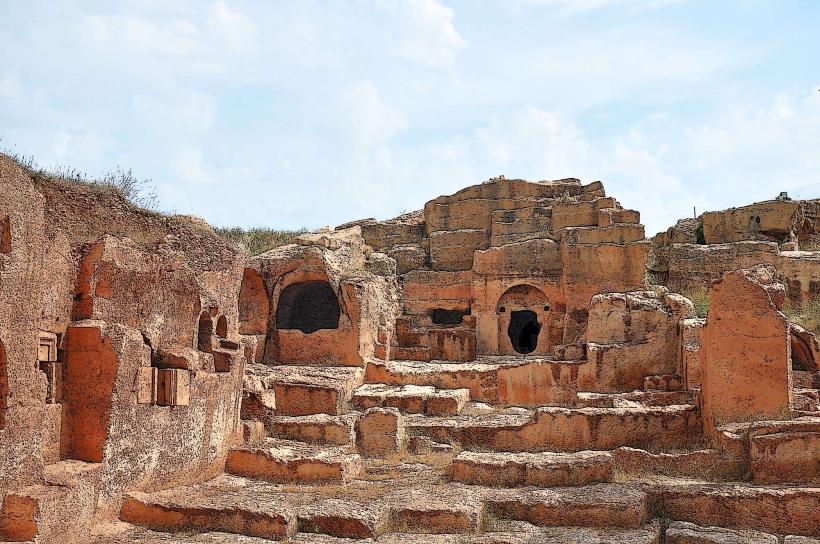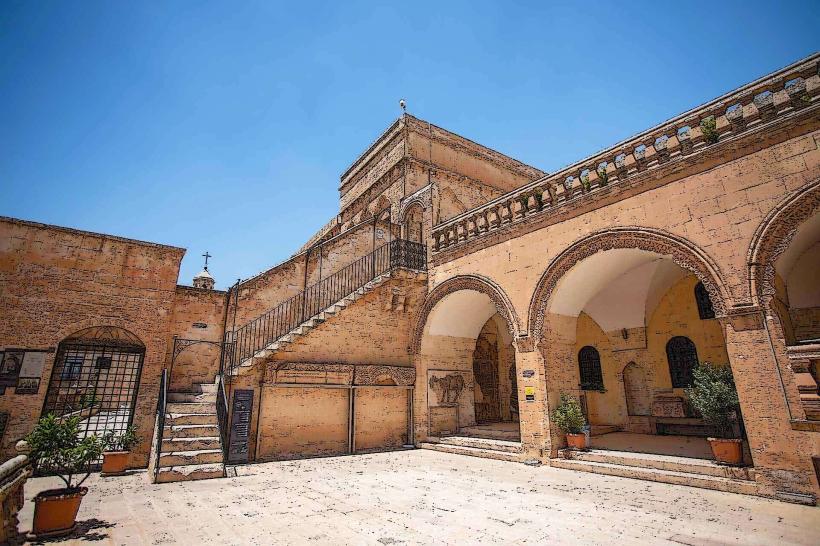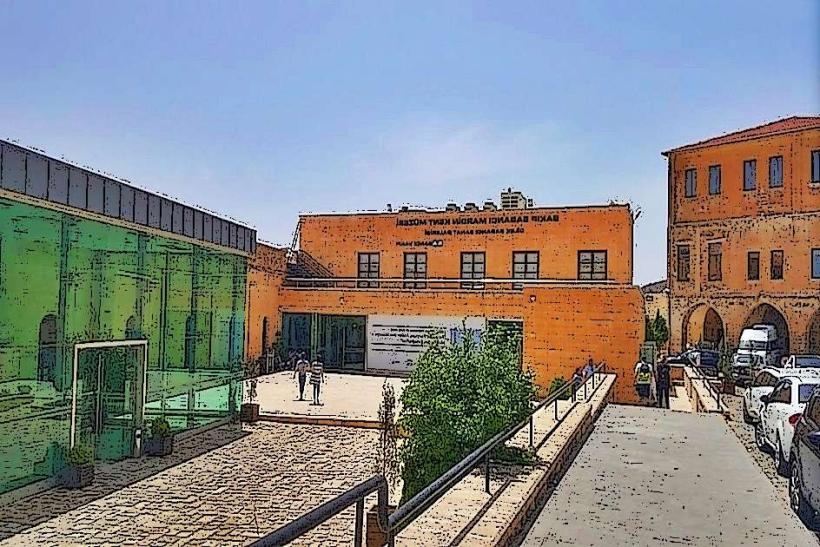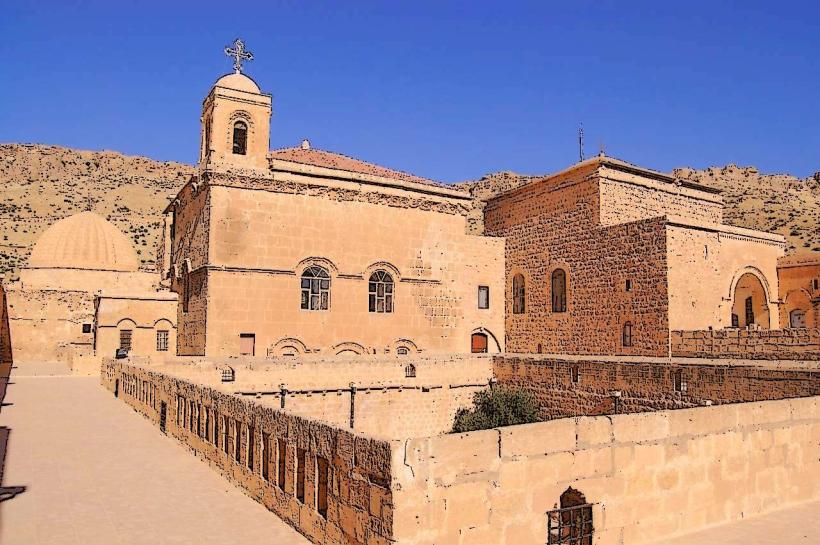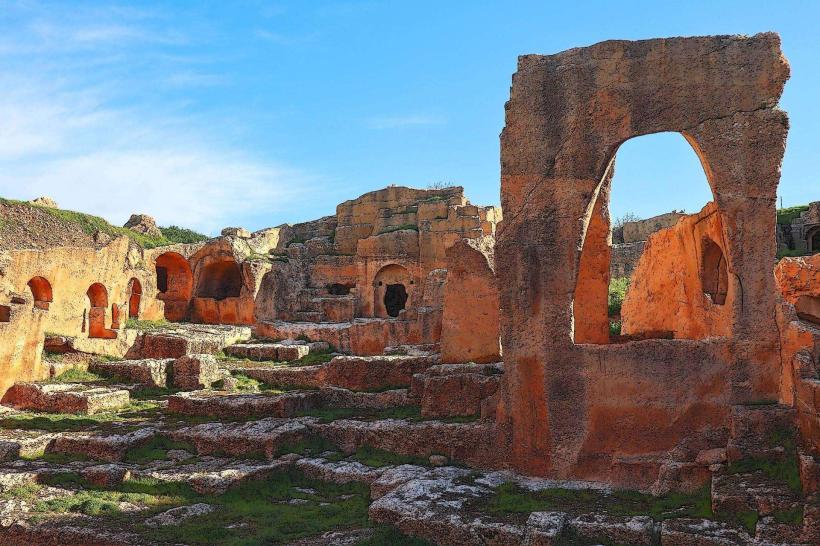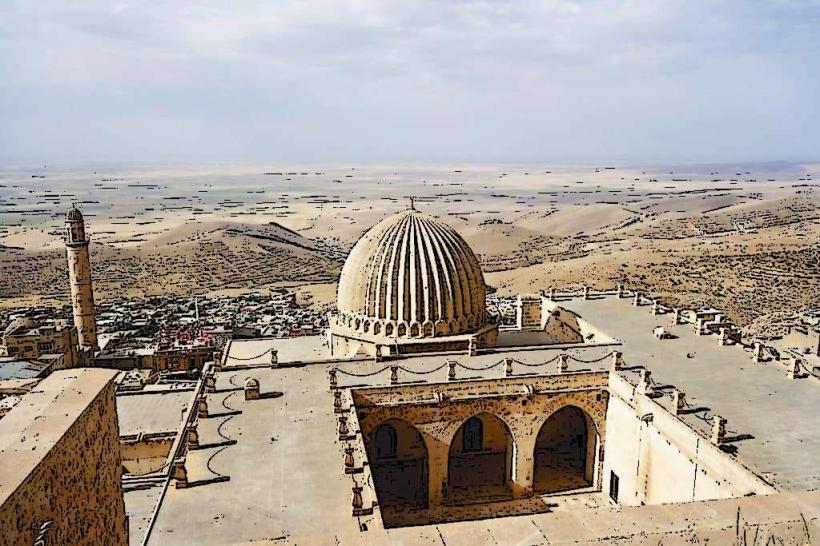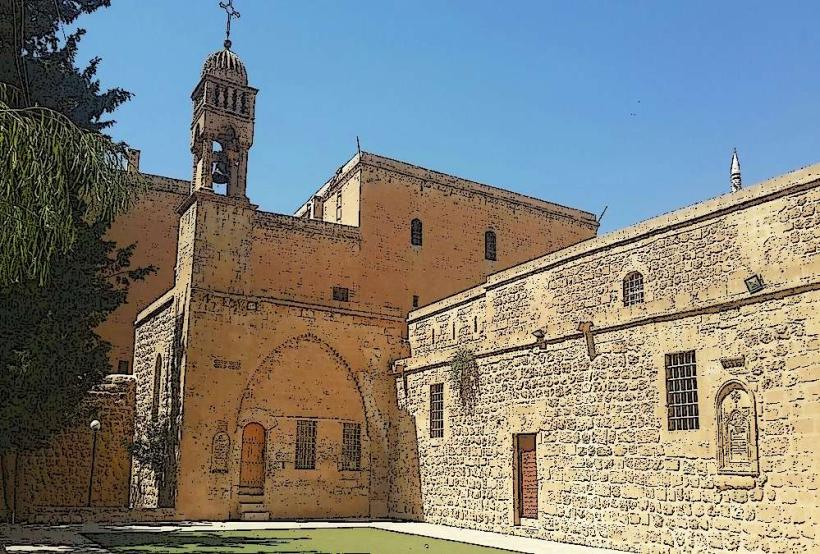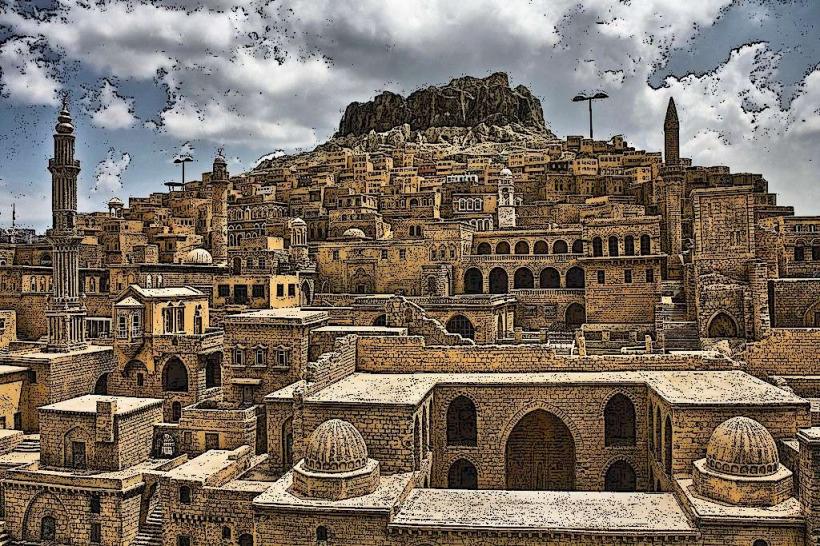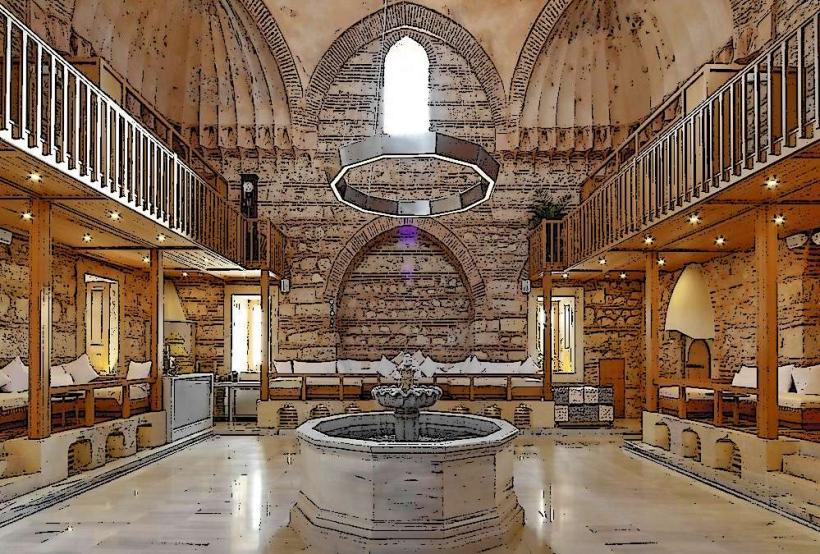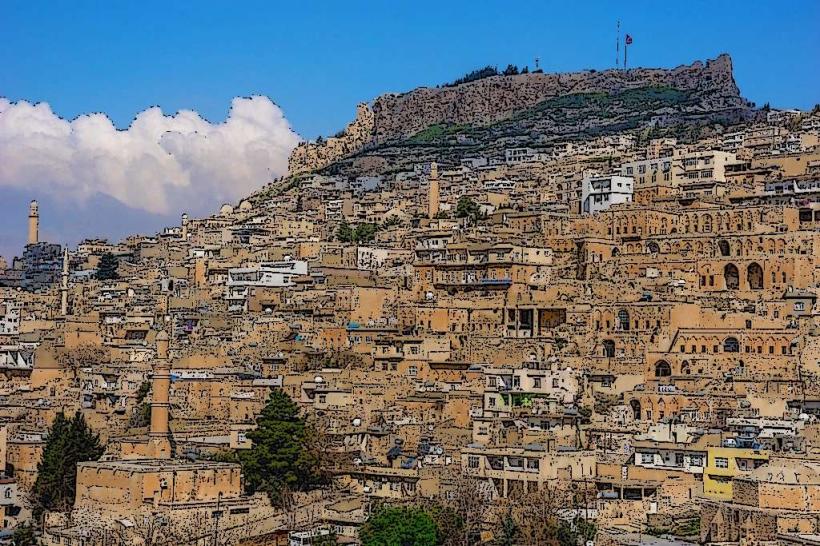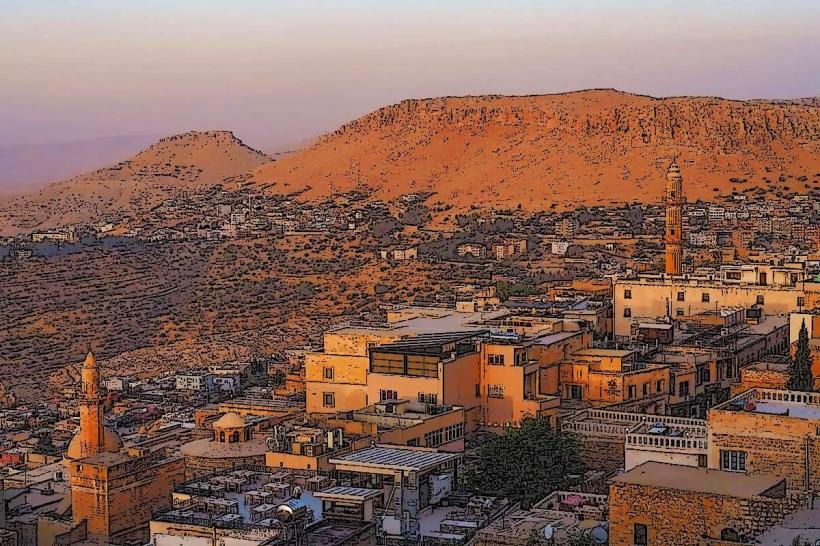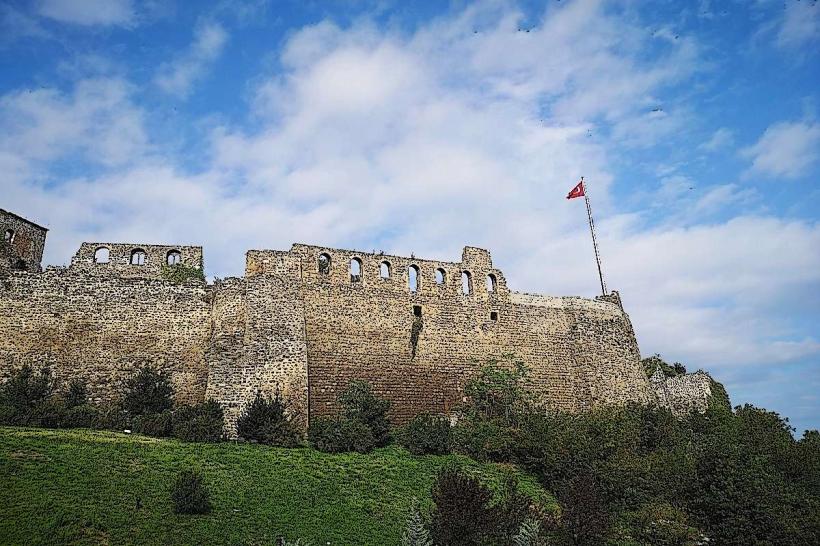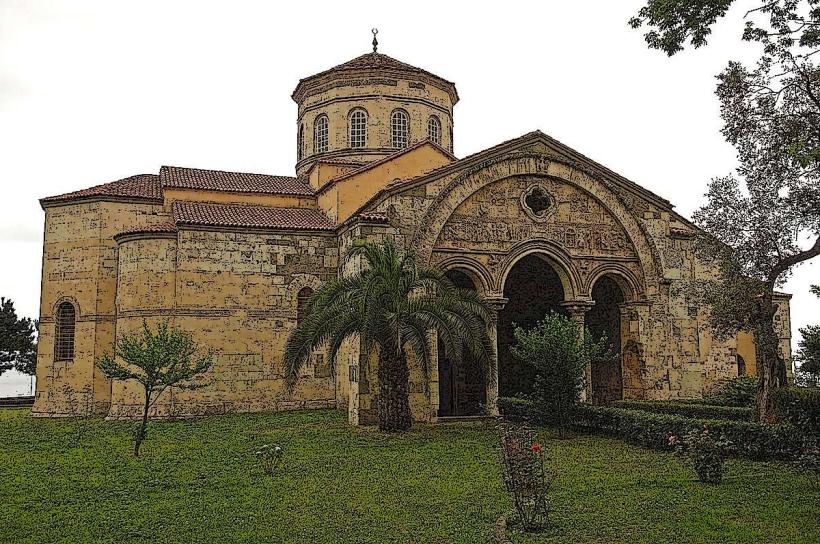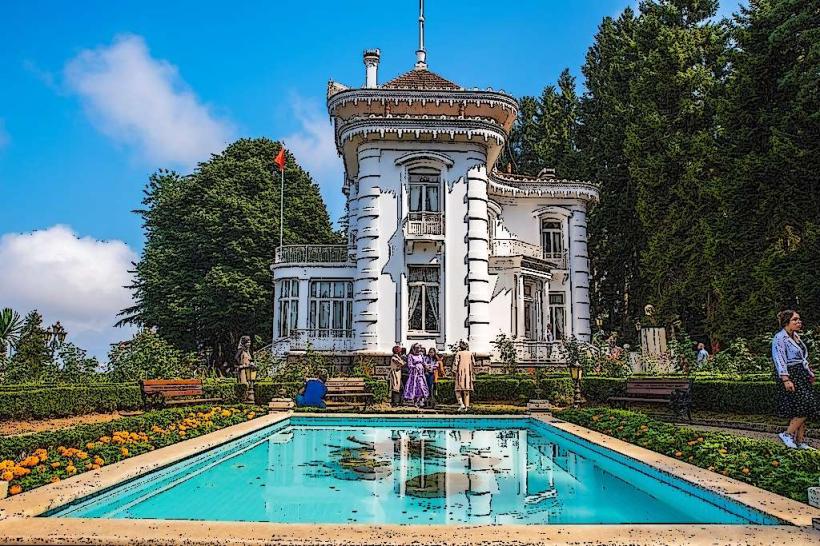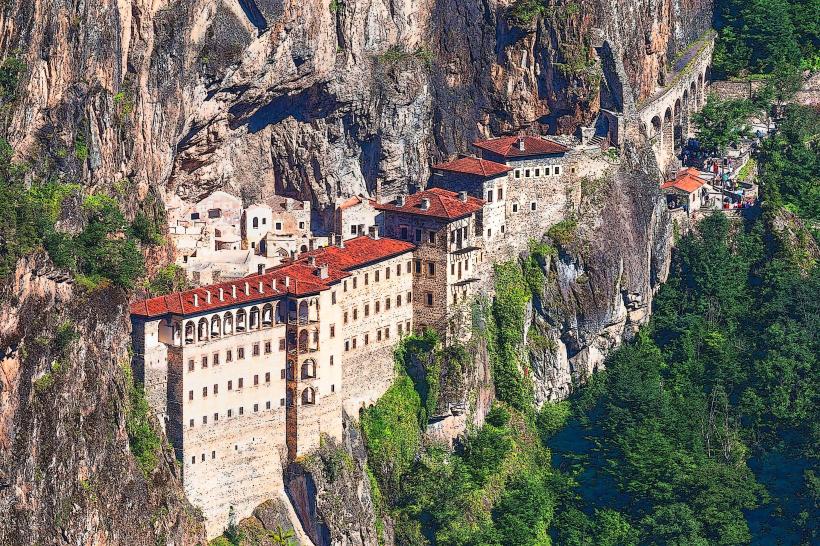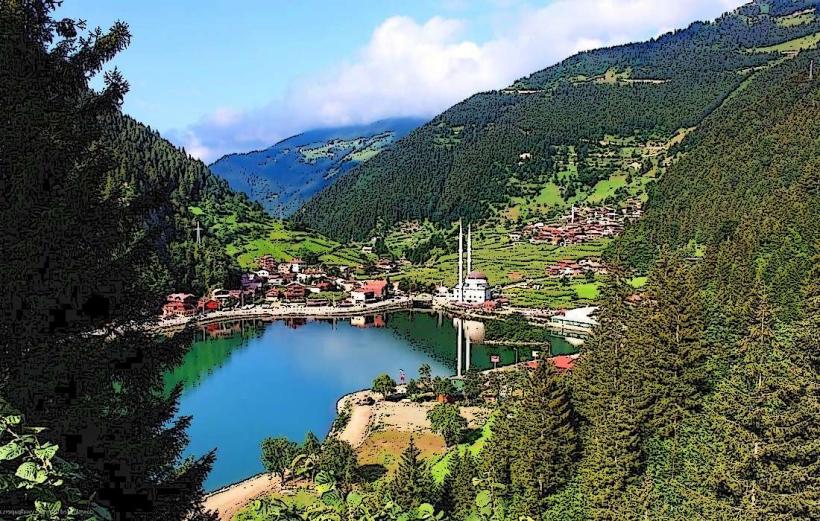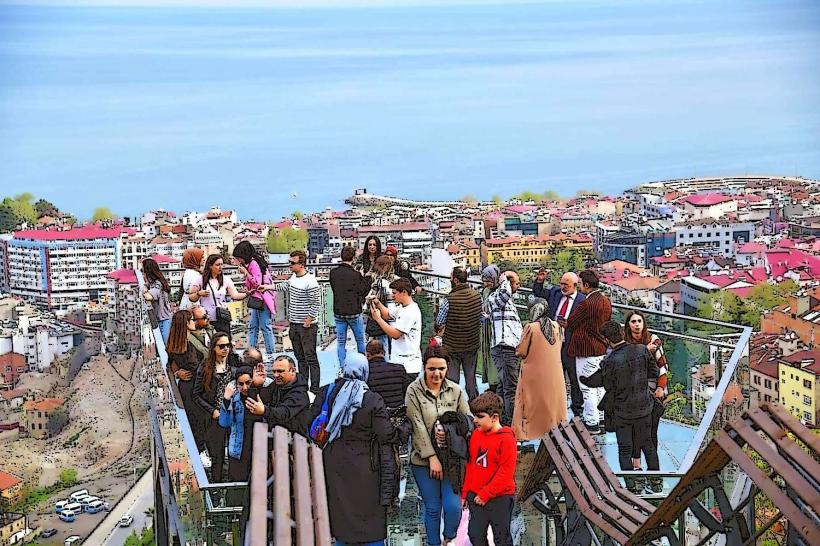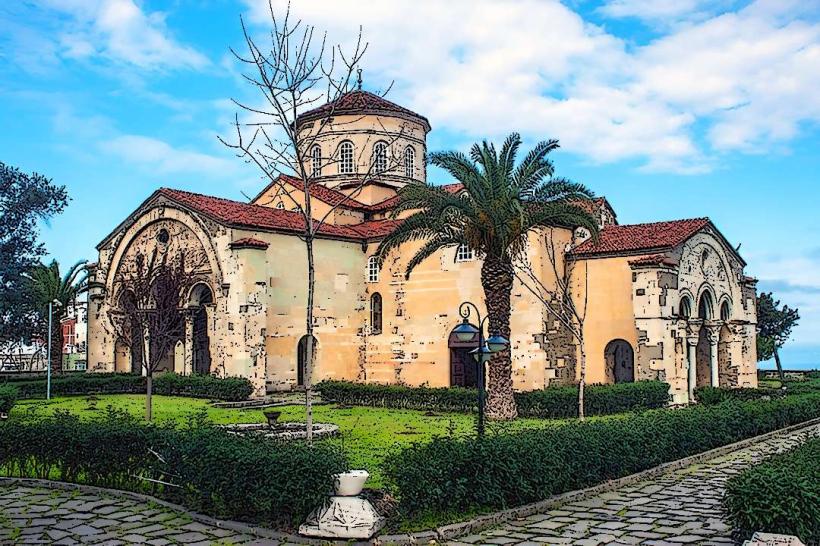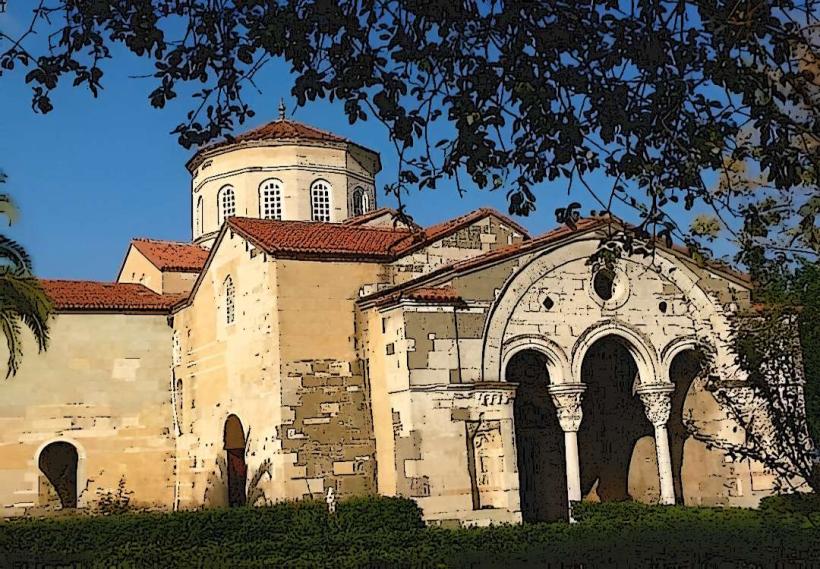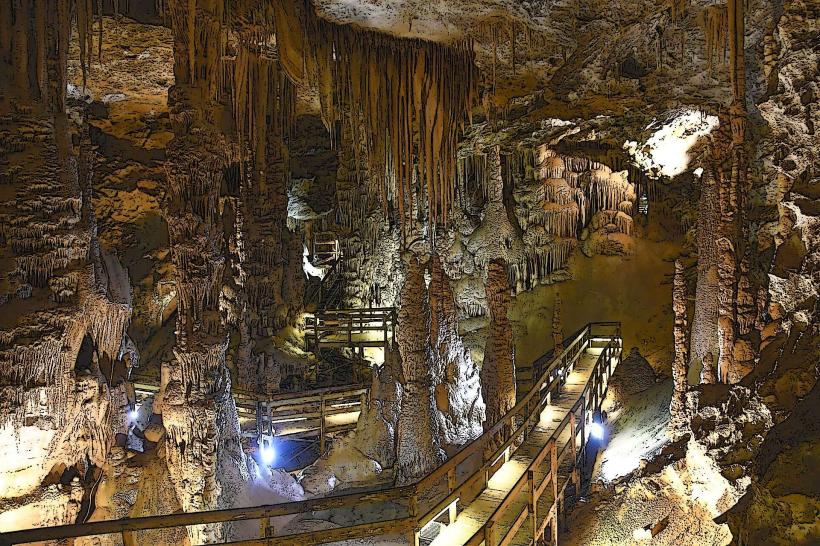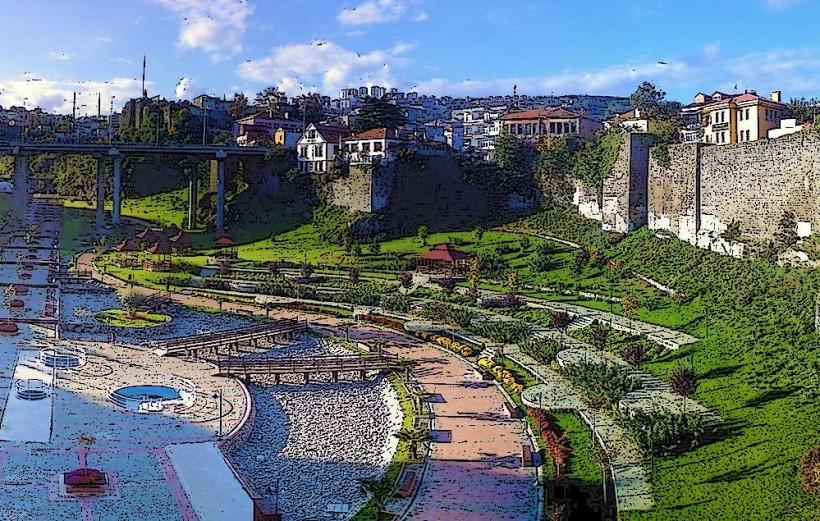Information
Country: TurkeyContinent: Asia
Turkey, Asia
Turkey is a sovereign state straddling Eastern Europe and Western Asia. Its economy is currently transitioning through a decisive "threshold year" in 2026, shifting from emergency stabilization toward disinflation and structural growth; the capital is Ankara, while Istanbul remains the primary global financial and cultural center.
Visa & Entry Policy
As of January 11, 2026, Turkey maintains a liberalized entry regime for major Western nations:
Visa-Free: Citizens of the US, UK, and EU (ordinary passport holders) are exempt from visas for tourist and business stays of up to 90 days within any 180-day period.
Passport Validity: Must be valid for at least 150 days (approx. 5 months) from the date of arrival.
Digital Entry: While physical stamps are still used at borders, the E-Visa system remains active for other nationalities.
Official Passports: As of January 1, 2026, specific new e-visa protocols apply to diplomatic and service passport holders from certain regions (e.g., Armenia).
Language & Communication
Turkish is the official language.
English: Proficiency is moderate in Istanbul’s tourist districts (Sultanahmet, Taksim) and coastal resorts (Antalya, Bodrum) but decreases significantly in rural Anatolia.
Signage: Major airports (IST, SAW) and the Istanbul Metro provide comprehensive English signage.
Currency & Payment Systems
The official currency is the Turkish Lira (TRY).
Economic Outlook 2026: Inflation is falling but remains high, with a target of 16–18% for the 2026 fiscal year. The projected exchange rate for 2026 is in the 50–55 TRY to 1 USD range.
Digital Lira: As of January 2026, the Digital Turkish Lira (CBDC) has entered its secondary pilot phase. The Central Bank (CBRT) is currently testing programmable and offline payments.
Cashless Payments: Credit and debit cards are the primary payment method in urban areas. Most shops and restaurants utilize "Fast Payment" (FAST) or QR-based systems.
Cash: Essential for "Dolmuş" (shared taxis), small bazaars, and tips.
National Transport Grid
High-Speed Rail (YHT): Turkey’s rail network is set to exceed 14,000 km in 2026. The Ankara–İzmir and Mersin–Gaziantep lines are currently under active high-priority construction.
Homegrown Rolling Stock: The first entirely domestic high-speed train (built by TÜRASAŞ, reaching 225 km/h) is scheduled for launch in late 2026.
Istanbul Infrastructure: The metro network continues to expand, with new links to the Istanbul Airport (IST) and the Sabiha Gökçen (SAW) airport being fully integrated.
Aviation: Turkish Airlines (THY) remains one of the world's most connected carriers.
Digital Infrastructure
5G Launch: The commercial 5G rollout officially began in April 2026 (following the October 2025 auction). Initial coverage is concentrated in major urban centers like Istanbul and Ankara.
Infrastructure Strategy: The 5G tender mandates a 60% local content requirement for equipment, reinforcing domestic tech sovereignty.
3G Sunset: As of 2026, the gradual shutdown of 3G networks is underway to repurpose spectrum for 5G.
Climate & Seasonality
Marmara/Aegean: Hot summers ($30°C+$) and mild, rainy winters.
Central Anatolia: Continental climate; hot, dry summers and very cold, snowy winters.
Mediterranean: Classic Mediterranean climate; peak tourism occurs June–August.
Health & Safety
As of January 2026, travel advisories suggest Exercise Increased Caution.
Regional Security: Avoid all travel within 10 km of the Syrian and Iraqi borders due to ongoing military operations and terrorism risks.
Safety: Street crime is low, but pickpocketing is common in crowded Istanbul markets.
Identification: Law requires all individuals to carry photo ID (passport) at all times. Police conduct frequent random document checks.
Health: Tap water is generally treated but not recommended for drinking; bottled water is the standard.
Emergency: All services 112.
Top 3 Major Regions & Cities
Istanbul: Transcontinental hub; home to the Hagia Sophia and the Bosphorus.
Cappadocia: Central Anatolian region known for "fairy chimney" rock formations and hot air ballooning.
Antalya: The "Turkish Riviera"; center for Mediterranean beach tourism and ancient ruins.
Local Cost Index
1L Water: 12.00 TRY ($0.23 USD)
1 Domestic Beer (0.5L): 90.00 TRY ($1.70 USD)
1 SIM Card (20GB Data): 600.00 TRY ($11.30 USD)
Facts & Legends
Turkey is home to Göbekli Tepe, the world's oldest known temple (approx. 11,000 years old). Local folklore features the Nazar Boncuğu (Evil Eye) and legends of the Shahmaran (a mythical half-woman, half-snake). Historically, the country is the successor to the Ottoman Empire and was founded as a secular republic by Mustafa Kemal Atatürk in 1923. In 2026, it remains a critical geopolitical bridge between NATO and the Middle East, while significantly expanding its domestic defense and railway manufacturing industries.

